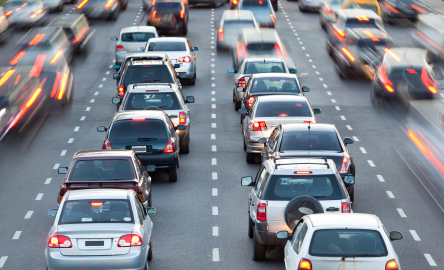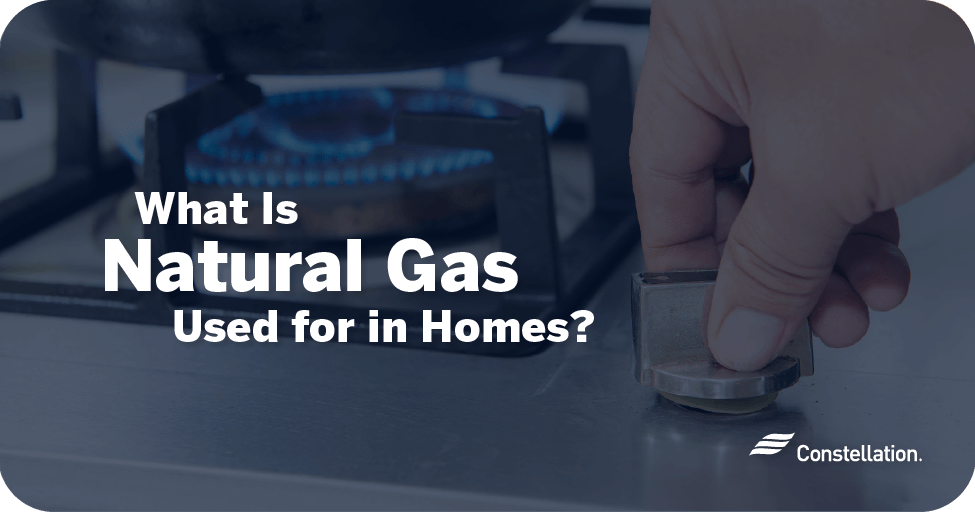
- Category:
Energy Efficiency - Published:
July 19, 2012 - Updated:
May 5, 2021
Take energy efficiency on the road
 Gasoline prices go up, and they go down. Lately, they’ve gone mostly south since peaking at $3.92 in early April. Even so, the U.S. Department of Energy (DOE) reports that gas prices are up 2 percent since late December when the average national price was $3.29 per gallon.
Gasoline prices go up, and they go down. Lately, they’ve gone mostly south since peaking at $3.92 in early April. Even so, the U.S. Department of Energy (DOE) reports that gas prices are up 2 percent since late December when the average national price was $3.29 per gallon.
For average drivers, the DOE says the 7-cent difference means motorists are spending an extra $4 each month to fuel their vehicles. Given the fact that gasoline prices can soar overnight, it’s time, if you haven’t done so already, to take the keys and rev up your fuel efficiency.
With that said, here are a few pointers that could put more money in your pocket.
— Drive sensibly. Jack-rabbit starts and hard braking can increase fuel consumption by as much as 33 percent at highway speeds and 5 percent around town. To save fuel, accelerate slowly and smoothly and then get into high gear as quickly as possible. In city driving, 50 percent of the energy needed to power your car goes to acceleration.
— Observe posted speeds. Each vehicle is different and each reaches its optimal fuel economy at a different speed or range of speeds. A rule of thumb, however, is that mileage usually decreases rapidly at speeds above 50 mph.
— Avoid excessive idling. Idling can burn a quarter to a half-gallon of fuel per hour, depending on engine size and air conditioner use. Turn off your engine when it’s parked. It only takes a few seconds worth of fuel to restart your vehicle.
— Remove excessive weight. If you carry big, heavy items in your vehicle, remember that an extra 100 pounds could reduce your mpg by up to 2 percent.
— Use cruise control. On long stretches of highway driving, cruise control will maintain a steady speed, which is good for fuel efficiency. In hilly terrain, however, the efficiency is lost because the technology tries to maintain even speeds, meaning that the engine downshifts repeatedly.
— Use the right fuel. More expensive premium fuels aren’t necessarily the best choice for your vehicle. Many vehicles are specifically designed for regular, low-octane gas.
— Service your vehicle regularly. According to manufacturers, a poorly tuned engine can use up 50 percent more fuel. Also, experts agree that keeping the correct air pressure in your tires is just as important as keeping your vehicle in tip-top driving condition. With the right amount of air pressure, your tires wear longer, save fuel, enhance handling, and prevent accidents.
If you want to learn more, visit www.fueleconomy.gov.




